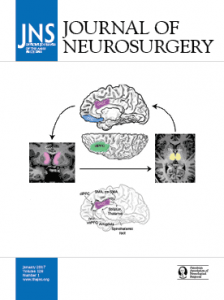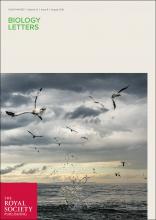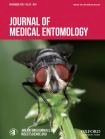
Although it’s the right thing to do, it’s never easy to admit error — particularly when you’re an extremely high-profile scientist whose work is being dissected publicly. So while it’s not a retraction, we thought this was worth noting: A Nobel Prize-winning researcher has admitted on a blog that he relied on weak studies in a chapter of his bestselling book.
The blog — by Ulrich Schimmack, Moritz Heene, and Kamini Kesavan — critiqued the citations included in a book by Daniel Kahneman, a psychologist whose research has illuminated our understanding of how humans form judgments and make decisions and earned him half of the 2002 Nobel Prize in Economics.
According to the Schimmack et al blog, Continue reading “I placed too much faith in underpowered studies:” Nobel Prize winner admits mistakes








